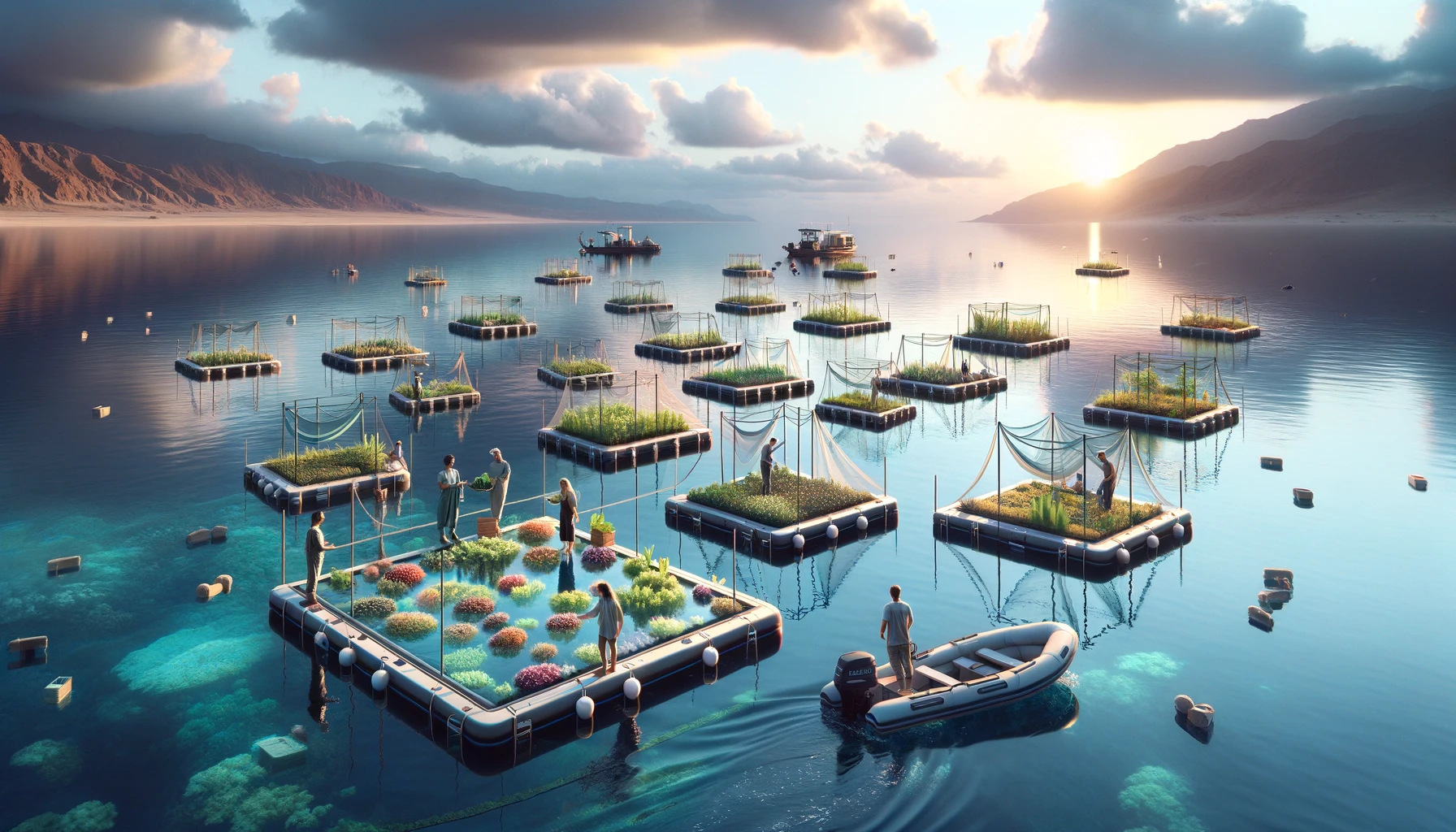The Houthi movement has announced the launch of a groundbreaking initiative: maritime gardening in the Red Sea. Dubbed “Fertilizing the Red Sea,” this initiative aims to turn the contested waters into a flourishing underwater garden, boasting a diverse range of aquatic plants and providing a new, albeit unconventional, form of territorial claim.
A Seaweed Solution to Sovereignty
At the heart of the initiative is the strategic deployment of seaweed and other fast-growing marine plants. These aren’t your average aquatic flora; engineered for rapid growth and resilience, they’re part of a broader strategy to assert control over the maritime region. “Why build islands when you can grow them?” quipped one Houthi spokesperson, alluding to other nations’ efforts to create artificial islands for territorial expansion.
Green Thumbs and Naval Mines
The initiative is not without its challenges. The waters of the Red Sea are not only strategic shipping lanes but also areas of considerable geopolitical tension. To navigate these troubled waters, the Houthis have proposed a unique solution: combining gardening with guerrilla tactics. “Think of them as underwater kelp forests with a twist,” explained a maritime strategist, referring to the dual use of these areas for both agriculture and defense.
International Reactions: From Skepticism to Environmental Concerns
The international community has reacted with a mix of skepticism and concern. Environmental groups are alarmed at the potential impact of introducing non-native species into the Red Sea ecosystem, while neighboring countries view the initiative as a thinly veiled attempt at expanding the Houthis’ territorial waters. “It’s an ecological experiment wrapped in a territorial dispute,” commented one UN official, highlighting the complex interplay of environmental and geopolitical issues.
Underwater Farming: The Next Frontier?
Despite the controversies, the initiative has sparked a broader conversation about the possibilities of underwater farming. Scientists and agricultural experts are intrigued by the potential for sustainable food production in marine environments, though they caution that the ecological risks must be carefully managed. “It’s a fascinating idea, but the sea isn’t a sandbox for geopolitical games,” warned a marine ecologist, emphasizing the need for responsible stewardship of ocean resources.
A New Wave of Maritime Strategy
As the “Fertilizing the Red Sea” initiative moves forward, it’s clear that the Houthis are charting new waters in the realm of maritime strategy. Whether this bold experiment will lead to a blooming underwater paradise or an ecological cautionary tale remains to be seen. Either way, the Red Sea is set to become a testing ground for the convergence of environmental innovation and geopolitical ambition.

